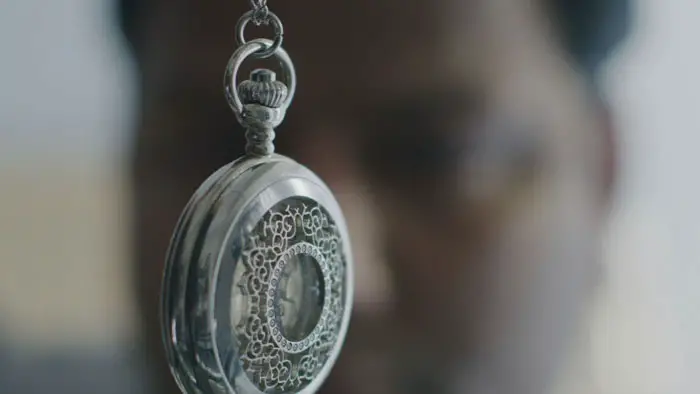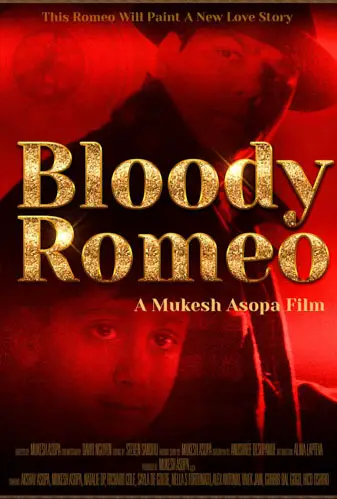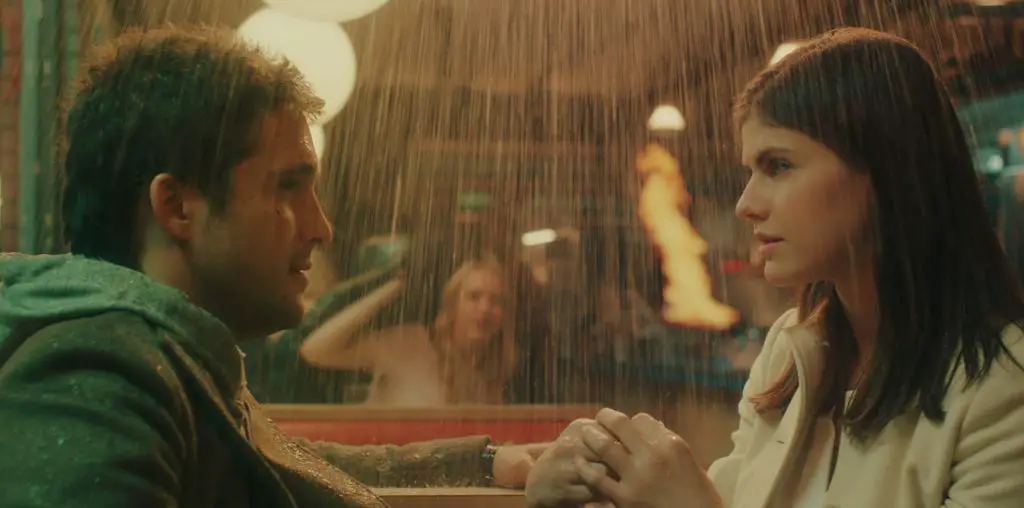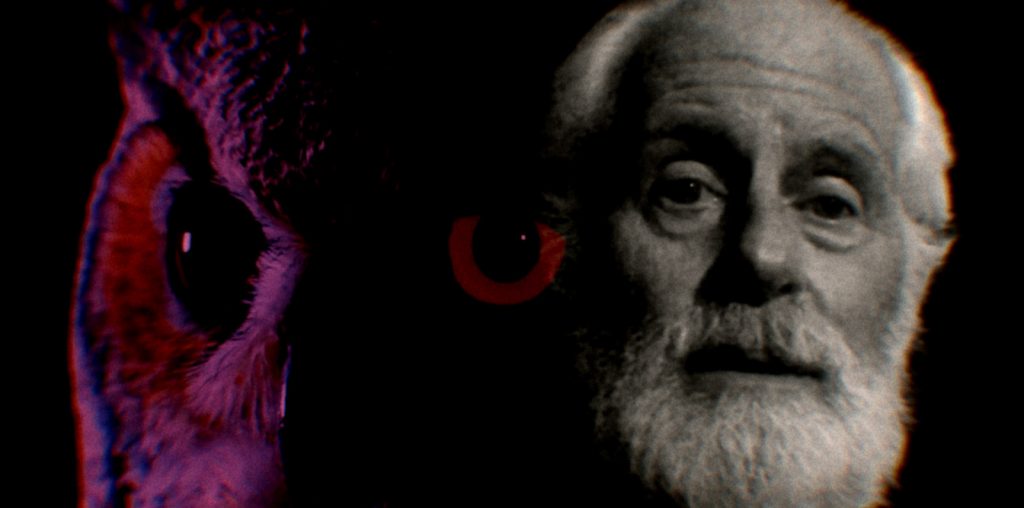
Mukesh Asopa is an award-winning filmmaker known for directing and starring in Zombie Beach, Chambers Gate, and Depth of Pyaar. He tells character-driven stories that subvert expectations and blend genres. Bloody Romeo, his latest genre concoction, is not a straightforward spin on the tragedy of Romeo and Juliet but a knotty and bizarre story of childhood trauma, speciously righteous behavior, and misplaced anger.
In the dramatic mystery, there’s an ambiguous non-profit that can supposedly erase suicidal thoughts. But, some women are dubious about the organization’s success because of a recent spike in suicides among women. While self-inflicted death is happening at an unusually alarming rate, a compassionate and self-effacing freelance writer named Romeo (Mukesh Asopa) keeps to himself. Aunt Nice (Tracy McLean-Low) is the only family member who cares about him and worries about his romantic life, or the lack thereof. Romeo does not want a relationship. Instead, he has a dispassionate outlook on life stemming from childhood trauma, which is sporadically revealed in flashbacks.
Romeo’s self-imposed isolation ends when he meets Layla (Natalie DP), a social worker who works for a women’s welfare organization evaluating the recent spike in women suicides. Romeo and Layla begin a relationship, seeking comfort in each other when death plagues the city.

“…women are dubious about the organization’s success because of a recent spike in suicides among women.”
Bloody Romeo opens to an armed man on the brink of suicide, who fortunately calls a suicide prevention hotline. The following scene involves a suicidal woman who is having an affair, who doesn’t call for guidance. The film’s bleakness never falters, but clashing genres and a few thrilling surprises sustain the intrigue, complicating what initially began as a romantic mystery, morphing into a disagreeable thriller.
Asopa plays Romeo with a calm demeanor, portraying him as somebody with suppressed anger. He takes the character to deeply unsettling places after exposing Romeo’s misguided intentions. Natalie DP impressively portrays Layla’s sweetness and charm. It is easy to see what he sees in her. Asopa and DP have nice chemistry.
Luigi Marchitelli’s hypnotic score, while cacophonous and overwhelming, helps develop the general tone. Given the two-hour runtime and the bloated plot, Asopa’s clever direction guarantees that Bloody Romeo never becomes ponderous or looks messy. While the sound goes in and out, the dialogue delivery and the shot composition are really solid. Asopa never directly shows the suicides, keeping the brutality to a necessary minimum, which is especially important when dealing with a hot-button issue such as suicide. Instead, the camera is concerned with Romeo and his ingrained imperturbability, even when confronted by suicide after suicide.
Asopa exploits tragedy and romance and challenges how an audience connects with a protagonist. That being said, the final act is poorly written compared to the rest of the movie, yielding a misconceived last-minute encounter with a new character and an undisclosed pact that seem too convenient and half-baked. Nevertheless, despite questionable creative decisions, particularly when deciding the fate of Layla, Bloody Romeo is a disturbing, cautiously erratic, and grueling love story like no other.

"…a disturbing, cautiously erratic, and grueling love story like no other."


